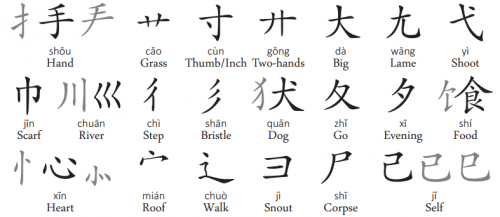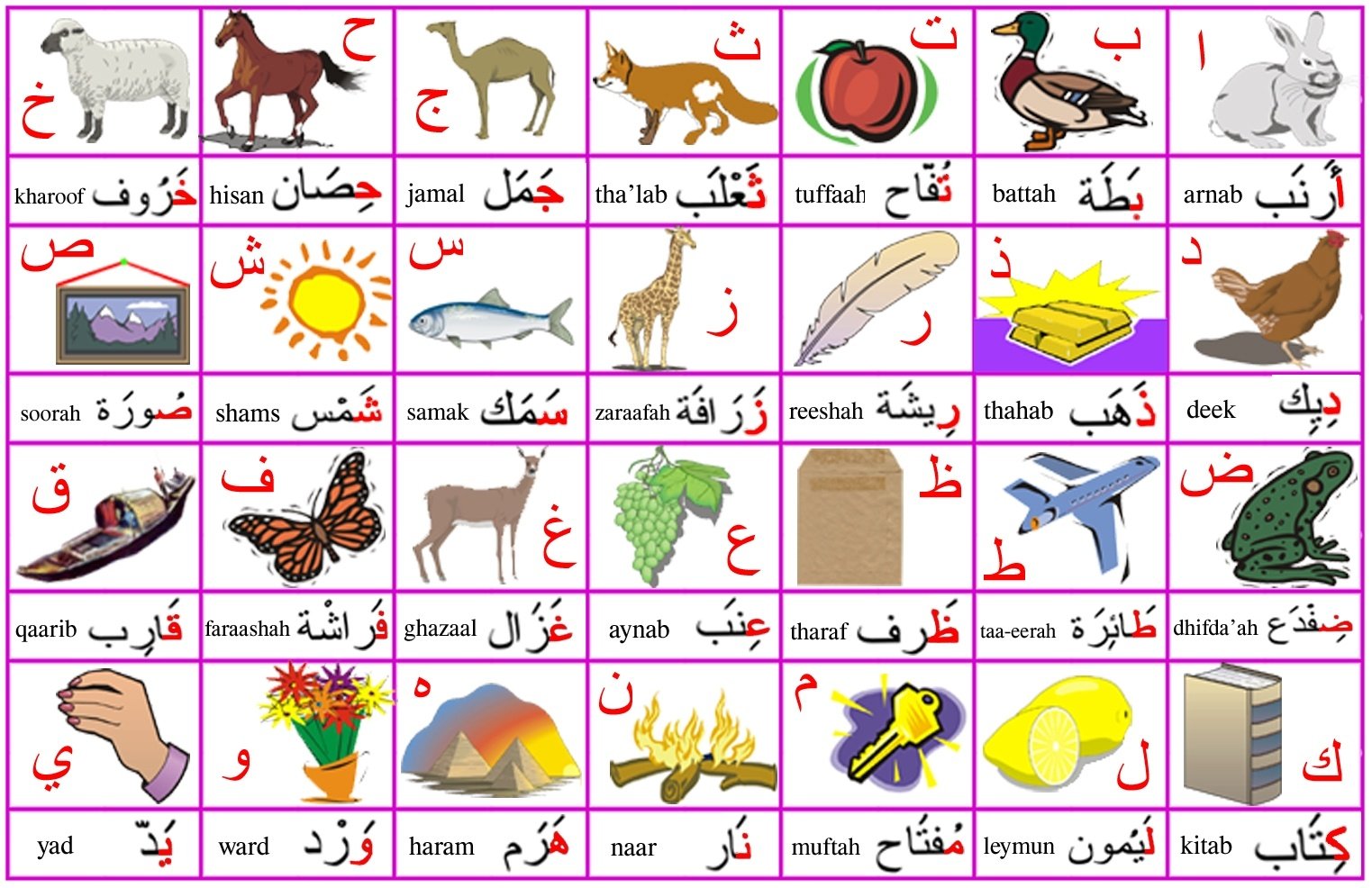But did you know that learning another language can also help you make more money? You’ve probably heard the popular saying by Warren Buffet, “the more you learn, the more you earn.” It turns out this rule applies more than ever for learning a new language. Even with the addition of over 295,000 jobs in the United States, there are millions of people struggling to find full-time work — or any work at all. The good news is that learning a language has been shown to not only increase your chances of finding amazing work opportunities, but it’s also been shown to increase your earnings. CareerBuilder.com’s hiring forecast showed that 39 percent of U.S. employers said they plan to hire bilingual candidates, and half said that if they had two equally qualified candidates, they would be more inclined to hire the bilingual one.
Make more money
Learning a language has been shown to add between 10–15% to your wage, according to language specialist recruitment agency Euro London. This shows that learning a language is a wise investment for anyone, at any age, whether you’re preparing to enter the workforce or looking to expand your opportunities. Assuming an average salary of around $45,000, a 2% “language bonus” average over 40 years, and also a 1% raise annually, you’d have an extra $67,000 by the time you retire. Since you can learn a new language quickly with the right solution, that’s a pretty good investment of your time. What’s more, salary bonuses vary depending on the exact language in which you’re proficient. Here’s a quick breakdown of a few different secondary languages and their annual bonuses as reported by The Economist:
Spanish — 1.5 percent bonus French — 2.3 percent bonus German — 3.8 percent bonus
This means that you can make an additional $50,000 to $125,000 just for knowing how to speak a foreign language!
Expand your career opportunities
More importantly, with the rise of globalization, there’s an exponential demand for jobs that require a foreign language. Interpreters and translators are among the top five fastest-growing occupations, according to the Bureau of Labor Statistics, with opportunities expected to increase by 46% between 2012 and 2022. For example, members of the U.S. military can earn up to $1,000 more per month if they are proficient in multiple languages. You can open your doors to new career opportunities, such becoming a Brand Specialist for Google or a Game Translator for Nintendo, where you’ll be paid to translate video games!
5 of the most useful languages to learn
Let’s dig into the 5 most useful languages to learn if you want to make more money and improve your career.
1. German
As we shared in the graph above, German is known to be the best language that will earn you the big bucks, earning you over 125,000 (Euros) in bonuses! This may come as a surprise to many people, because one would assume a language like Mandarin, Japanese, or Spanish, with a higher GDP (by language) will correlate to higher earnings. While this is true for most cases, German is a special case, as Germany is one of the three European powerhouses. This means that the language will be more economically valuable for an outsider than the language of a relatively more closed economy.
2. French
With over 200 million people on 5 different continents around the world speaking French, you can see why it ranks as one of the most useful languages to learn. At first glance, French may appear to be spoken by only those living in France, but it happens to be the second-most widely learned language after English. Knowing how to speak French opens the doors to French companies in not only France, but other French-speaking parts of the world such as Canada, Switzerland, Belgium, and North and sub-Saharan Africa. As the world’s fifth-biggest economy and number three destination for foreign investment, France is a key economic partner. For students looking to pursue their Masters or MBA degrees, knowing French can act as a big advantage. Renowned French universities and business schools are ranked as some of the top higher education institutions in Europe and the world. Students who can speak French are eligible for additional scholarship opportunities, which can save you tens of thousands of dollars.
3. Spanish
Over the past decade, knowing how to speak Spanish has not only been an advantage for job seekers, but it’s become a necessity. In the United States and Europe, Spanish is the foreign language of choice after English.
No matter what industry you are in, the numbers alone present a strong case to learn Spanish, especially in business. In addition to the sheer number of people you can reach by knowing how to speak Spanish, countries like Mexico, Chile, and Colombia are quickly becoming powerhouses in the global economy. Here’s the cherry on top of the sundae: Spanish is the easiest language out of the most useful languages to learn if you already speak English. You can quickly learn Spanish by taking advantage of online solutions like Rype, where you’ll receive unlimited private Spanish lessons and get to work with a dedicated language coach online.
4. Mandarin
It’s no secret that China is the world’s new dominant economy, with a growing influence from Africa to the Americas. If you’re in business, then China is a goldmine of opportunities, with over a billion people that you can target. According to London-based search firm Ascentator, demand for executive positions by American and multinational companies in China has risen 35% from the previous years, echoing similar figures from other recruiting firms. However, unlike Spanish, Mandarin is a complicated language to learn. The good news is that f you can manage to learn Mandarin, you can bet that your future boss and co-workers will be impressed.
5. Arabic
The Arab world is recognized as one of the wealthiest regions in the world, with over $600 billion in GDP. The size of the Middle Eastern economy alone increased by approximately 120% in the five-year period from mid-2003 to mid-2008. Due to the abundance of market opportunities in the Middle East, Western Arabic speakers are in very high demand but in very low supply. Those who speak Arabic have the opportunity to develop an international career in a variety of industries such as education, finance, journalism, foreign services, and more.







